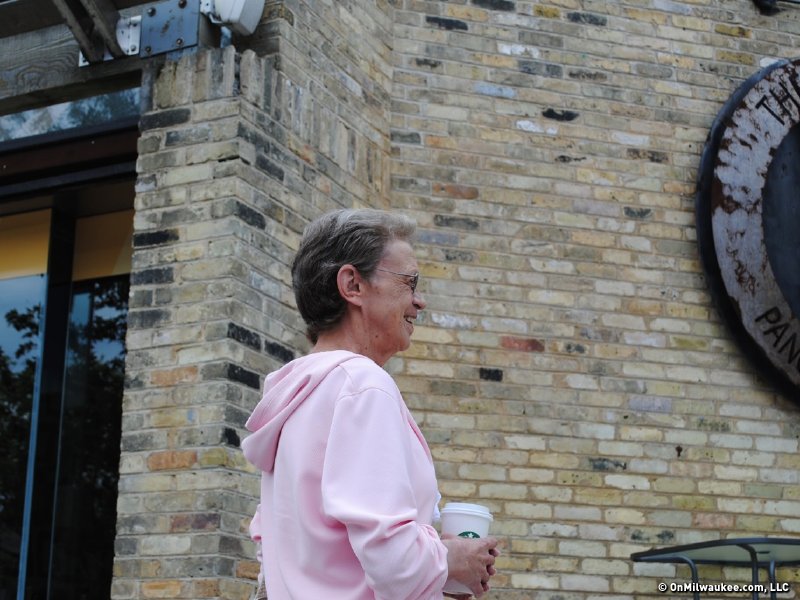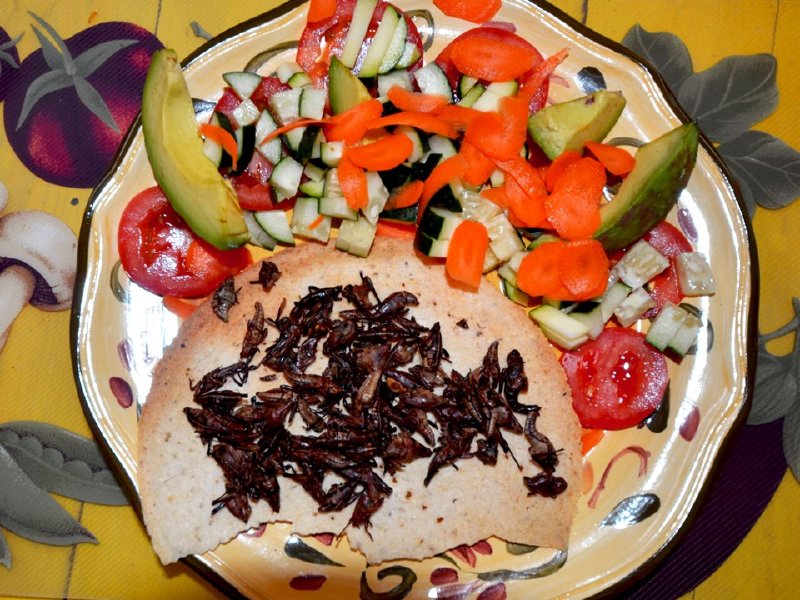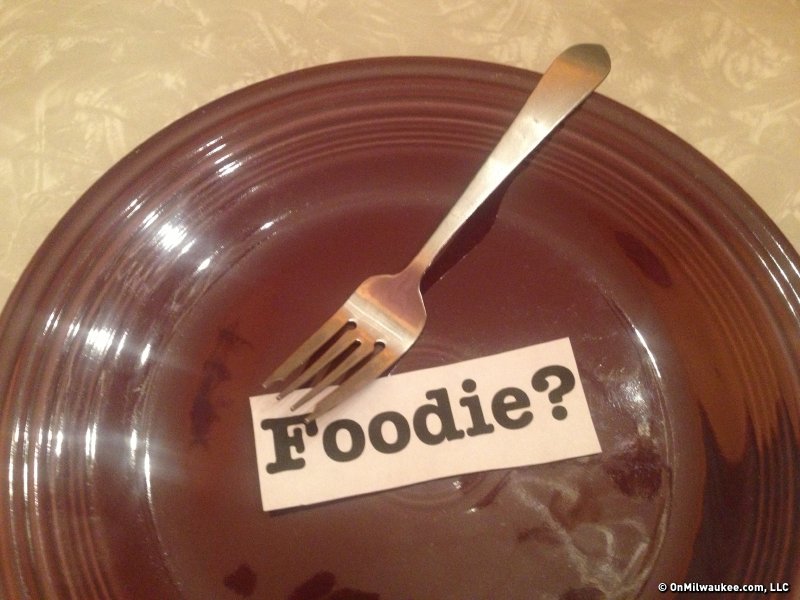In the ‘70s and ‘80s, The Coffee Trader, 2625 N. Downer Ave., was one of the most happening spots in Milwaukee and definitely the crown jewel of the Downer Avenue scene, which also included Brewster’s (later Webster’s), Judge Jason Downer's/The Chancery, Henry’s and El Condor Mexican restaurant.
Even though the Trader was notorious for slow service and so-so food, people returned again and again. Many stayed for hours at a time. The restaurant / bar and bakery was also known for a steady turnover of employees, with the exception of one.
Mary Beatty worked at the Coffee Trader from 1982 until 1994. She started her career as a waitress at the now-defunct Marc’s Big Boy on Wisconsin and Plankinton Avenues.
"I liked the Trader right away. I liked the clientele. And the staff. They were all students studying to be what most of the clientele were: doctors, lawyers and Indian chiefs," she says.
When Beatty was hired in 1982, the Coffee Trader had already been in business for a decade.
"Everyone on staff was the same age when I started, but they studied and went on and I stayed and a whole new generation of employees came in," she says. "It was hard. I became the ‘mom.’ Some of the kids had never been on their own. Oy vey.
"I used to work with a manager who asked in the interview who was paying for college. If mom and dad paid, they were useless, they just needed party money. If they were paying for their college themselves, they really worked," says Beatty.
In 1984 the business was sold by John Gardiner to David Boxer and Loretta Kleczka.
Although she was offered numerous promotions, Beatty never accepted. She trained new employees, but other than that, enjoyed her job as a server which allowed her to interact with interesting people on a daily basis.
She waited on some notable customers, including many of the Milwaukee Bucks, comedian Robin Williams, Bo Black, Lawrencia Bembenek and numerous anchor people.
"Carole Meekins came in one Halloween as a French maid," she says. "That was a hoot. Bo and Lawrencia always had sunglasses on, even at 11 at night. Police Chief (Art) Jones would never remove his hat. And the Bucks came in with these beautiful women in fur coats draping on the floor."
But Beatty’s favorite customers weren’t famous. Lee and Esther were a neighborhood couple that came in every Friday night, and when Esther passed away, Lee continued to come in alone.
Lee’s order was always the same: a burger without the bun, a potato and a Rob Roy. And at the end of his meal, he always tipped the server, bartender, busser and cook.
"Every single Friday he did this. He was an unbelievable man. He would bring me art, I still have it. He found out I loved yellow roses, and he brought me things with yellow roses on it," says Beatty.
In some ways, Coffee Trader was ahead of its time with such a strong focus on what was then considered quality coffee. The Trader used White House Coffee, but in those days, variety was determined by flavor instead of the origin and / or roast of the beans.
And unlike most coffee shops that perked up in the ‘90s and served locally roasted, higher quality beans, Coffee Trader drinks could be ordered with booze, like the aptly named drink, The Coffee Trader, made with hot chocolate, coffee and Amaretto.
The menu featured mostly salads, sandwiches, burgers and appetizers. The Trader tater nachos, which later became the Trader Tater noshers (chips were replaced with waffle fries), were one of the most popular menu items.
"They weren’t one of my favorites, but a big seller," says Beatty. "I used to love the blackened chicken sandwich. And I remember the bottles of Coke and fries late at night that the kids would order."
For about a decade, there was a bakery downstairs, which made signature bakery items like the seven layer chocolate cake and The Napoleon.
Today, the space is divided into multiple businesses, including the Original Pancake House and Via Pizza, but then, the Trader was large and spacious, with lots of exposed wood and memorable ceiling fans.
"Everybody loved the fans. I remember when one fell down, right on a lady’s table," she says.
Henry’s, Valentina’s (an upscale clothing shop) and Cafe Demi were also long-time building mates with the Trader. Schwartz Bookshop also had a small space in the complex for a time. Beatty and the staff would often drink at Henry’s, now located around the corner at 2523 E. Belleview Pl., and play cribbage after closing.
One of Beatty’s co-workers, "Crazy Daryl," would help the Henry’s staff clear out customers at bar time. In exchange for a drink, he would pretend like he was drunk, crazy and just released from prison to make people uncomfortable and more willing to leave.
"Oh, dear Daryl," she says. "He started as a busser. Became a manager."
"Even on a regular Sunday, people would wait forever for brunch," she says. "We were never known for our service, you know."
The staff was required to wear a white shirt and black dress pants, but for a brief spell, they had to wear a linen apron as well.
"I felt like a bride. I’d say to the customers, ‘they gave you a cloth napkin and gave me the tablecloth,'" she says.
One of her clearest memories during her Trader tenure was when a fire broke out behind the building. Beatty started frantically wrapping up the money and yelling at people to get out of the building.
"You know how many people wanted to pay their bill before they left?" she says.
Beatty remembers waiting on Michael "Gil" Rasmussen who had coffee meetings at the Coffee Trader during the planning stages of Gil’s Cafe. Gil’s occupied a former laundromat in the space that now houses Cafe Hollander, 2608 N. Downer Ave., from 1994 to 2006.
Beatty grew up in the Muskego / Hales Corners area in the ‘50s. She has lived in the same Cass Street apartment on Milwaukee’s East Side for 31 years.
When she was 8, Beatty was diagnosed with epilepsy and suffered seizures. As an adult, she started having "sleep walking" seizures which caused her to black out (not convulse), for about two minutes at a time. Once she found herself Downtown, clutching her purse, completely unaware of how she got there.
About six years ago, she had brain surgery and has been seizure free ever since. However, in order to keep her state medical benefits, she can only gross $350 a month. Reluctantly, Beatty has stopped working.
"I miss it, but I can’t afford to work and lose my benefits. One of my post-surgery medications costs $20,000 a year," she says.
In 2011, Beatty received the Lila L. Marcus Achievement Award from the Wisconsin Epilepsy Foundation for merit and achievement in the service industry.
After the Coffee Trader and before her surgery, Beatty worked at Buck Bradley’s and Third Street Pier.
"Most of the places I worked are gone now. Big Boy, Coffee Trader, Third Street. And they were such great places," she says.
When Ed Debevic’s opened on Jefferson Street, Beatty went with a coworker to apply for a position. However, when she found out she had to actually audition for the job to prove she could pull-off the cheeky schtick required of the wait staff, she backed out.
"It would have been a ball, but I’m just not an actress," says Beatty. "Although, there is some theater in all waitressing. Once you’re on the floor, you put a smile on, no matter what."
Beatty says she left Coffee Trader shortly before it closed because she heard that it was not going to remain open for long.
"As soon as I heard it was closing I started passing out my resume with the self-addressed, stamped envelopes," she says.
Today, Beatty still spends time in cafes, particularly the Starbucks at East Point.
"I turned into a coffee addict at Trader," she says.
And to this day, wherever she goes, she sees people she knows from her Coffee Trader days.
"It’s winding down a bit, but still. See that lady?" says Beatty, leaning toward a woman sitting at a table next to her and asks, "where do you know me from?"
"The Coffee Trader!" she says.
Beatty says she often runs into former Coffee Trader coworkers, too. Most were very young when they worked together and have since grown up and have families now.
"I just saw a guy I worked with at Target. I didn’t recognize him, but he knew me. They often say, 'I didn’t like it at the time, but I learned so much from you,'" says Beatty.
"I come from an era when you had respect for your job. I worked really hard. I enjoyed coming to work. Back then, if anyone was anyone, they were on Downer Avenue."
Molly Snyder started writing and publishing her work at the age 10, when her community newspaper printed her poem, "The Unicorn.” Since then, she's expanded beyond the subject of mythical creatures and written in many different mediums but, nearest and dearest to her heart, thousands of articles for OnMilwaukee.
Molly is a regular contributor to FOX6 News and numerous radio stations as well as the co-host of "Dandelions: A Podcast For Women.” She's received five Milwaukee Press Club Awards, served as the Pfister Narrator and is the Wisconsin State Fair’s Celebrity Cream Puff Eating Champion of 2019.







